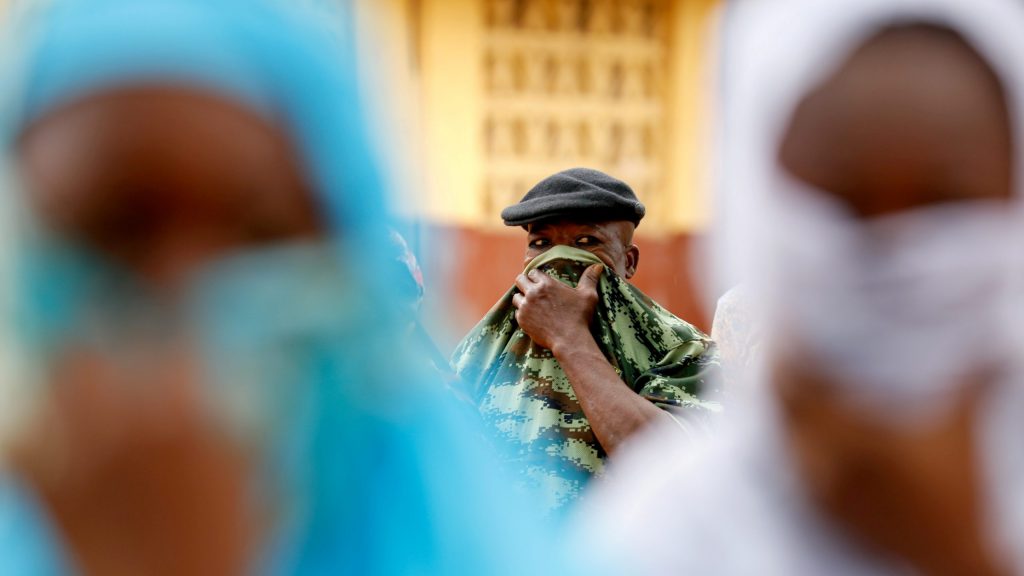While the world awaits vaccines and medications to avert the global COVID-19 pandemic, some Catholic psychologists in Ghana have expressed worry that the updates and news in the West African country are adversely affecting the emotions of citizens.
They say the psychological impact of COVID-19 has been enormous and that many Ghanaians experience increased palpitation whenever new cases are recorded or when a tested person is waiting for laboratory confirmation.
Such instances "can feel like torture by a million tiny cuts as our brain prefers to know an outcome, one way or another, to take the anxiety off," said Peter Mintir Amadu, a psychologist at the teaching hospital in Tamale and a parishioner at the Our Lady of Fatima Catholic Church there.
By April 28, Ghana had reported more than 1,670 confirmed COVID-19 cases, including 16 deaths.
"Fears and chills engulf us whenever we hear about some news about projected infections and deaths from trusted sources that makes it appear as if there is hopelessness," Aaron Makafui Ametorwo, a Catholic behavioral scientist working at the University of Ghana in Accra, told Catholic News Service April 29.
But, he added, "there is always the brightness and joy whenever some positive news comes up on COVID-19." In all cases, he said, "our control of emotions play a critical role in keeping us in good shape."
"Indeed, staying positive also boosts our immune system, while getting worried, sad, pessimistic and negative threatens our immunity," he said. People's psychological state affects their physiological response to things, he said, emphasizing, "That is why we are constantly encouraged to avoid spreading false or fake news; if you are not sure about the source of the information, don't forward it on social media."
Ametorwo also advised people "to stop reading too much news on COVID-19 if you are not emotionally strong."
He encouraged people to eat well, with lots of fruits and vegetables; exercise daily; avoid stress and rest well; try to keep a positive mindset; and follow safety protocols.
"When our certainty is questioned, for example, our stress response goes haywire, instantly arousing our fight-or-flight reaction, prompting you to take action in order to get you to safety," added Amadu.
He said the fight against the pandemic "would be won side by side with our health care providers, government, religious bodies, traditional rulers and individuals."
He encouraged people to care for others who are exposed by adjusting "their personal care, functioning in the family, work and society." This, he added "will help minimize stigma and its psychological-related challenges."

